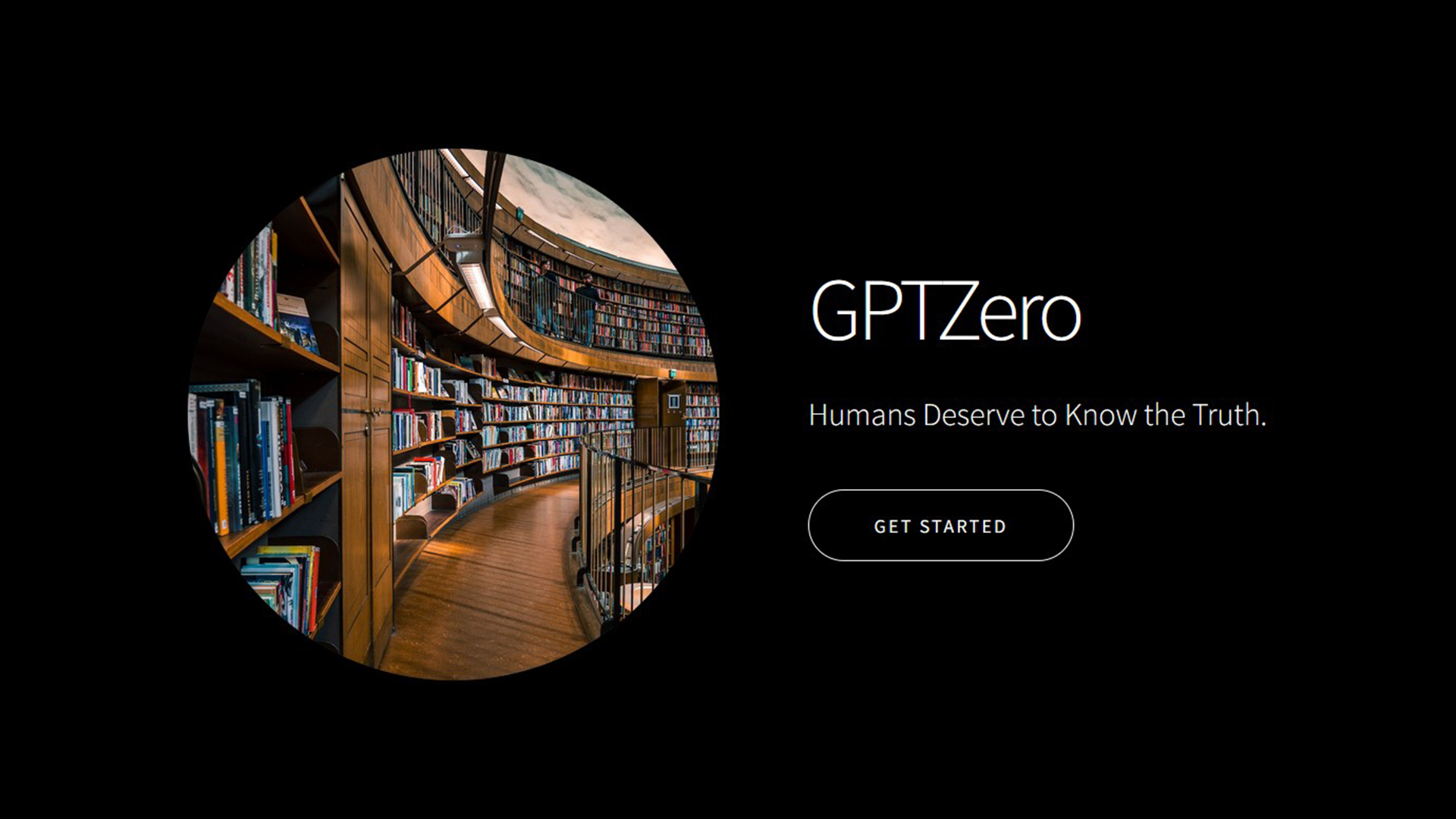OpenAI’s ChatGPT platform, a conversational artificial intelligence, was officially launched in December last year, and it has quickly garnered praise and controversy in equal measure for its sheer power. The platform is free and simple to use, and it can be accessed on a smartphone.
While OpenAI has yet to decide how to make money from the platform, it is outrageously popular. Big Tech has its eyes squarely on the future when it comes to AI of its magnitude and popularity. So much so that Reuters revealed today that Microsoft is currently in talks to invest $10 billion in OpenAI.
The tech giant is looking to launch a version of its Bing search engine that leverages the AI behind ChatGPT, according to reports.
OpenAI’s chat platform allows users to ask questions, and receive answers that are chillingly authentic. You can ask it to write code, poems, and stories. It can be asked about and to write anything, except on topics pertaining to violence or that are sexually explicit.
Last year, after experimenting with the platform, we realised it could be asked to write entire essays. Ones that were authentic enough for high school learners in South Africa to submit. It produces work too detailed for primary learners, and not detailed enough for university or tertiary students.
You can try it yourself. Head over to OpenAI.com, sign up for ChatGPT, ask it to write you an essay on the history of apartheid in South Africa and watch it whip out a compelling paper in seconds.
We felt this was concerning, as regular plagiarism detectors won’t be able to authenticate the work it produces since AI generates “original” material and plagiarism checkers look for stolen material from other sources. It would take sharp-eyed teachers, ones that understand their learners well and are paying attention to pick out if the essay is falsified.
In South Africa, where most public high schools are barely functioning and classrooms are over-filled, overworked teachers could find it difficult to tell the real from the AI-generated if a learner was clever enough to twist ChatGPT into producing a close-to-authentic essay.
Concerns over exactly this have mounted in the United States, and the New York Department of Education decided earlier this week to completely ban access to ChatGPT on schools and department networks across the state.
“While the tool may be able to provide quick and easy answers to questions, it does not build critical-thinking and problem-solving skills, which are essential for academic and lifelong success,” a department spokesperson told New York education publication ChalkBeat.
This marks the first scholarly ban of the platform, but students will still be able to access it at home.
To assuage teachers worried about having to decide if a piece of writing is authentic or AI-generated, especially if they’re overworked, 22-year-old college student Edward Tian woke up on New Year’s Eve and decided to ruin it for lazy high schoolers the world over.
Tian, a computer science major at Princeton University in the US, built an app to detect whether a piece of text is written by ChatGPT. He called it GPTZero, with the tagline “Humans deserve to know the truth.”
I spent New Years building GPTZero — an app that can quickly and efficiently detect whether an essay is ChatGPT or human written
— Edward Tian (@edward_the6) January 3, 2023
Tian shared a quick demo of the checker on his Twitter account.
here's a demo with @nandoodles's Linkedin post that used ChatGPT to successfully respond to Danish programmer David Hansson's opinions pic.twitter.com/5szgLIQdeN
— Edward Tian (@edward_the6) January 3, 2023
He shared that the motivation behind the app is the threat of “increasing AI plagiarism.”
“Are high school teachers going to want students using ChatGPT to write their history essays? Likely not,” Tian tweeted. In the same thread, Tian suggests that he is looking to publish research based on the app.
GPTZero works by using two indicators to identify AI-based writing. Tian calls these “perplexity” and “burstiness,” according to NPR.
Perplexity measures the complexity of the text – human writing is more complex than machine writing, so if GPTZero, Tian’s app, is perplexed by the text, it is more than likely human-made.
Burstiness compares variations of sentences. Humans write as they feel, which means with a mix of longer and shorter sentences. Machines like ChatGPT produce sentences that are more uniform.
It’s quite fascinating, but it is still very much in the beta, according to Tian. And some users have said that it isn’t 100 percent foolproof.
“For so long, AI has been a black box where we really don’t know what’s going on inside,” he said. “And with GPTZero, I wanted to start pushing back and fighting against that.”
Tian suggests that GPTZero is not a tool for technologies like ChatGPT to stop being used, and we agree with this sentiment. AI is a tool for the benefit of humanity and we need to protect it from being abused.
“But with any new technologies, we need to be able to adopt it responsibly and we need to have safeguards.”
[Image – Edward Tian – GPTZero]

